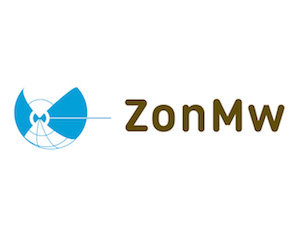
The iPS expertise center connects state-of-the art scientific technologies to serve basic and translational research with the goal to improve current and to develop new treatment options for a variety of brain disorders. To serve our purpose we connect with patients’ organizations which support scientific research and we provide expertise to scientists to improve their studies of brain disorders. Partnerships with patients and families have been essential in developing our research lines. The center may also serve as mediator between research institutes, patients’ organizations, and / or healthcare industry companies. We welcome realization of new partnerships, and seek further participation of patients with brain disorders which have our current interest. Our research activities are all approved by the medical ethic committee. Medical ethic committees evaluate protocols for new research and clinical studies to assess if a project is appropriate and ethically acceptable. Ethic committees consist of people from the medical and research community including lay (non-medical) members.
The iPS center consists of research experts with knowledge of the latest technologies in stem cell research, genome-wide analysis tools and advanced functional assays:
Stem cell research
Currently scientists are able to create early stem cells from adult patient cells (e.g. skin fibroblast), which have the potential to develop into any cell type of the body. The generation of these, so called patient- or disease-specific Induced pluripotent stem (iPS) cells, gives the opportunity to study disease etiologies and test new drugs or therapies which were so far impossible.
Genome-wide analysis tools
Genome-wide association studies (GWAS) involves scanning the complete genome to identify genes implicated in human diseases. Recent large-scale GWAS have identified hundreds of genes for several brain disorders. These genes tends to cluster in biological pathways and provide major clues for designing functional follow-up studies, for which the iPSc techniques are especially suited.
Advanced functional assays for presynaptic signaling
Connections between nerve cells are known as synapses, which are crucial for sending and receiving information. The human brain consists of trillions of synapses that allow us to feel, behave and think. It is becoming clear that functional changes in specific synaptic connections, which are associated with learning disabilities, memory loss, mood changes and other brain dysfunctions, are causal for many brain disorders.
2024 © iPS Center. All Rights Reserved. Privacy Policy | Terms of Service

